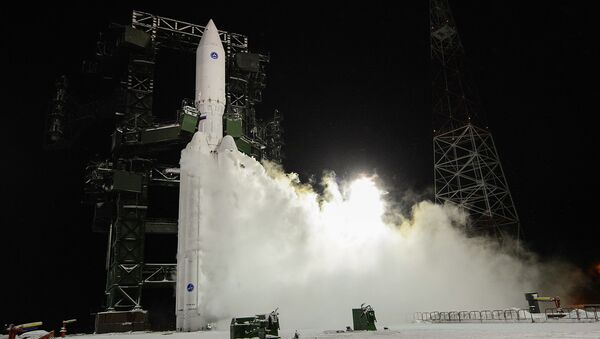"The launch windows in 2026, at the end of 2027, in 2029 and 2031 are being discussed. Even if the financing starts this year, we are missing the first date, so it will most likely be 2027", Lyudmila Zasova, a researcher at the Space Research Institute under the Russian Academy of Sciences, explained.
The scientist added that the two countries have already worked out the scientific objectives of the project and were ready to start developing the necessary equipment.
"As of now, the scientific part of the research has been completed: scientific goals have been formulated, priorities have been set, a concept of the completion of these challenging tasks has been put forward, the architecture of the mission has been assessed. Now we are ready to launch stage 'A,' according to the US designation, or the design and testing phase", Zasova said.
READ MORE: Russia's Vostochny Cosmodrome Ready for Space, ISS Launches — Roscosmos
She also noted that Japan and Europe are ready to join the Russian-US mission by providing their scientific equipment.
"At this stage, Japan and Europe are expected to participate in the project as separate scientific organisations", the researcher said.
The launch of the Venera-D space mission, which involves sending Russian orbital and landing platforms, as well as a small US research station, is planned on the Angara-A5 heavy carrier rocket from the Vostochny space centre in Russia's Far East.




